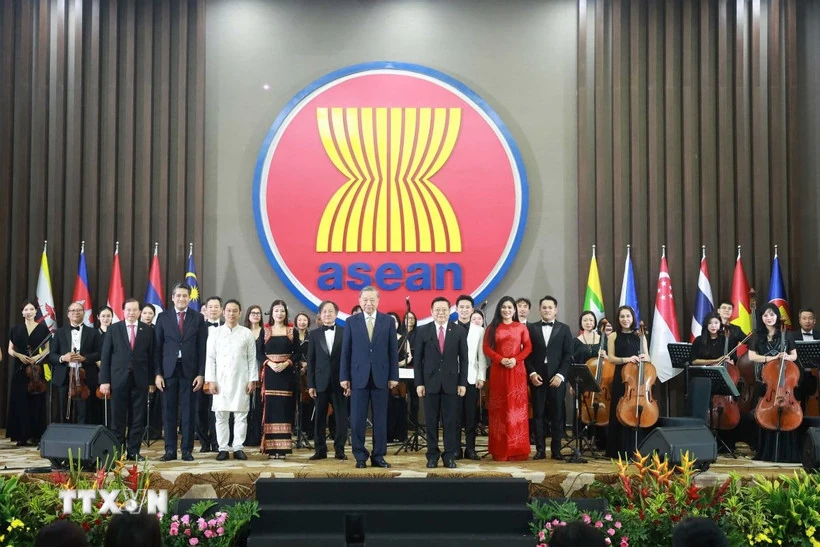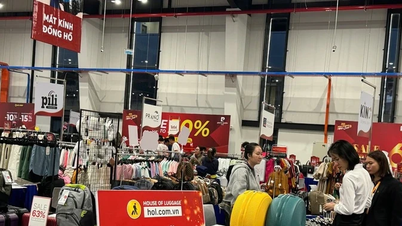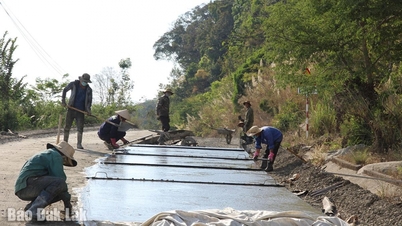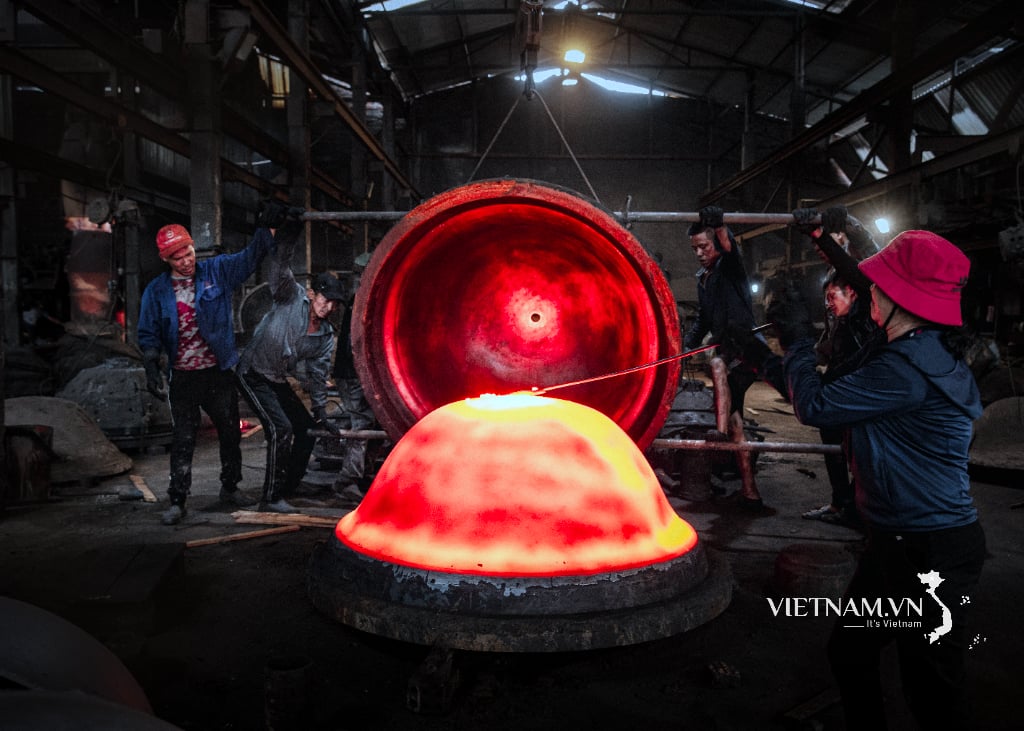General Secretary To Lam attends the ceremony commemorating the 30th anniversary of Vietnam's accession to ASEAN. (Photo: Thong Nhat/VNA)
This was the assessment of veteran Thai scholar Kavi Chongkittavorn in an interview with a VNA reporter in Bangkok, on the occasion of the 30th anniversary of Vietnam's membership in ASEAN (July 28, 1995 - July 28, 2025).
According to Mr. Kavi, from the moment it joined ASEAN, Vietnam clearly defined two key objectives: economic development and ensuring national security. These two dual objectives have driven Vietnam's strong integration with the region and the international community.
Three decades later, Vietnam has become one of the most proactive, active, and highly regarded initiative-driven member states in ASEAN. Vietnam has not only effectively utilized ASEAN's economic cooperation frameworks for domestic reforms but has also expanded its development space regionally and globally, particularly in attracting investment, promoting trade, and achieving sustainable growth.
Mr. Kavi argued that under the leadership of the Communist Party, Vietnam has demonstrated the ability to flexibly adjust its strategy and effectively adapt to domestic and international changes. Vietnam's signing of major trade agreements, including the one with the United States, is clear evidence of its increasingly mature geoeconomic and economic diplomacy capabilities.
Thai scholars assert that Vietnam is in a favorable position to assume a leading role in ASEAN in three aspects. Firstly, becoming a "stabilizing force" to help consolidate ASEAN's central role in the context of increasingly complex geopolitical competition.
Secondly, it serves as a model of dynamic socio-economic transformation, helping to narrow the development gap within ASEAN, which has a population of 675 million.
Thirdly, with its extensive network of free trade agreements (FTAs) and active presence in regional economic mechanisms such as the Regional Comprehensive Economic Partnership (RCEP), the Comprehensive and Progressive Trans-Pacific Partnership (CPTPP), and the Indo-Pacific Economic Framework (IPEF), Vietnam can further promote ASEAN's inclusiveness, moving towards a people-centered community and contributing to the realization of the ASEAN Community Vision 2045.
Mr. Kavi emphasized that, in the context of the Indo-Pacific region fraught with instability, ASEAN needs to continue maintaining a strategic balance with major powers through constructive dialogue. In this process, Vietnam can play a "bridging" role, thanks to its substantive and flexible relations with both the US and China, based on mutual benefit.
He expects that by 2045, Vietnam will become a leading country in economic integration and innovation within ASEAN. With a young workforce, a rapidly developing technology sector, and a strong digital transformation policy, Vietnam can be a driving force for ASEAN's joint initiatives in sustainable growth and building a resilient, adaptable, and inclusive ASEAN Community in line with the ASEAN Vision 2045.
Thai scholars have concluded that Vietnam has affirmed its role as a leading market economy in the region. If it maintains its current development momentum, Vietnam will not only continue to rise strongly but also play an increasingly important role in shaping the future of ASEAN.
According to VNA
Source: https://baothanhhoa.vn/30-nam-viet-nam-gia-nhap-asean-hinh-mau-hoi-nhap-va-dong-luc-doi-moi-255795.htm






![[Photo] Enchanting ancient rose garden on the mountainside in Nghe An](/_next/image?url=https%3A%2F%2Fvphoto.vietnam.vn%2Fthumb%2F1200x675%2Fvietnam%2Fresource%2FIMAGE%2F2025%2F12%2F19%2F1766109900916_vuon-hong-chin-do-thu-hut-du-khach-toi-check-in-o-ha-noi-3-20162778-1671624890024-1671624890104198100259.jpeg&w=3840&q=75)

![[Photo] General Secretary To Lam visits the exhibition space showcasing books, photo exhibitions, and achievements of digital transformation in journalism.](/_next/image?url=https%3A%2F%2Fvphoto.vietnam.vn%2Fthumb%2F1200x675%2Fvietnam%2Fresource%2FIMAGE%2F2025%2F12%2F19%2F1766110879215_1766110240024-jpg.webp&w=3840&q=75)

















































![[INFOGRAPHIC] Overview of the Hoa Phat Dung Quat Rail and Special Steel Production Plant Project](https://vphoto.vietnam.vn/thumb/402x226/vietnam/resource/IMAGE/2025/12/19/1766111183203_z7339170069817-126a3e5a095f62e606a0be41015c1b80.jpeg)
















































Comment (0)